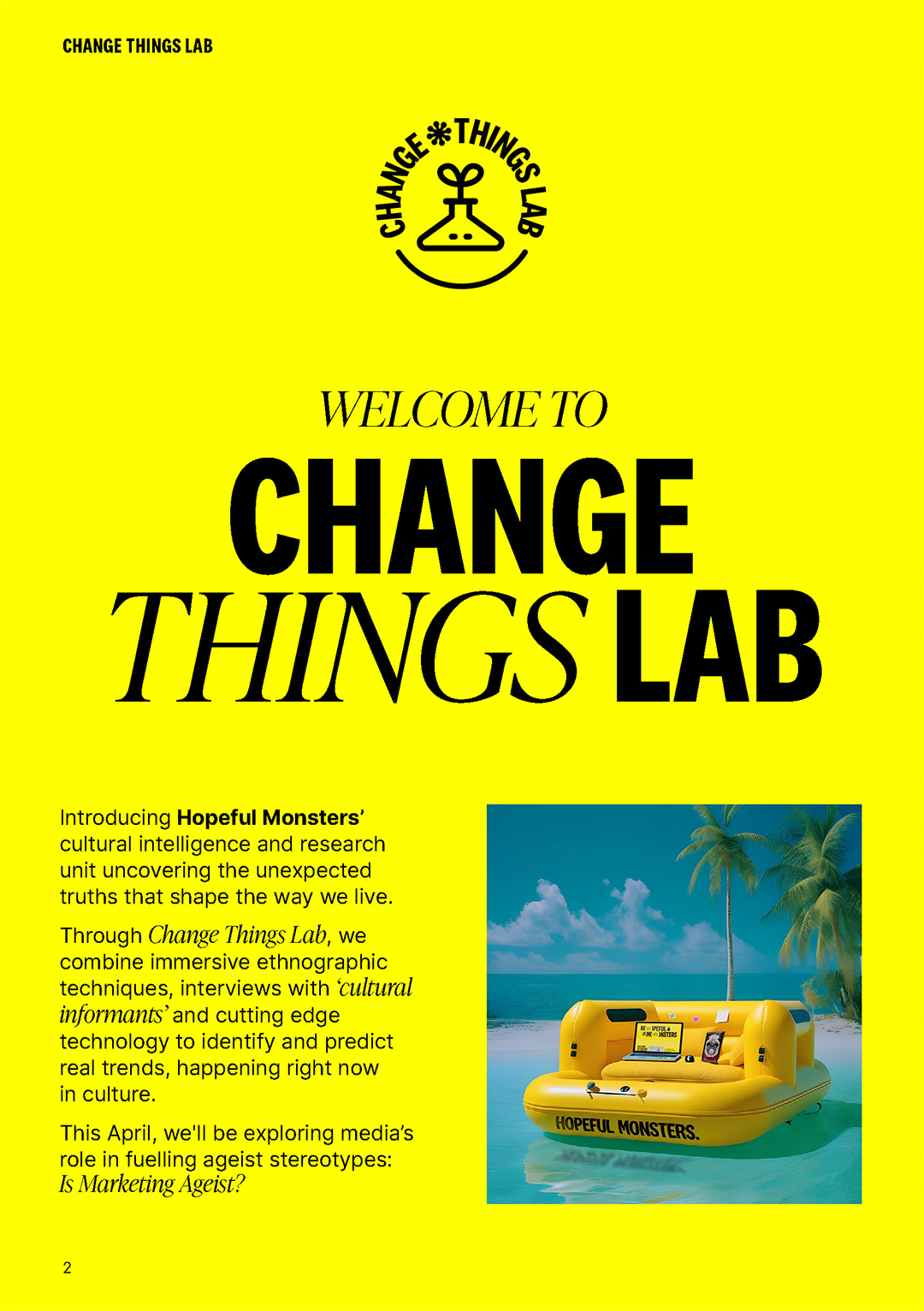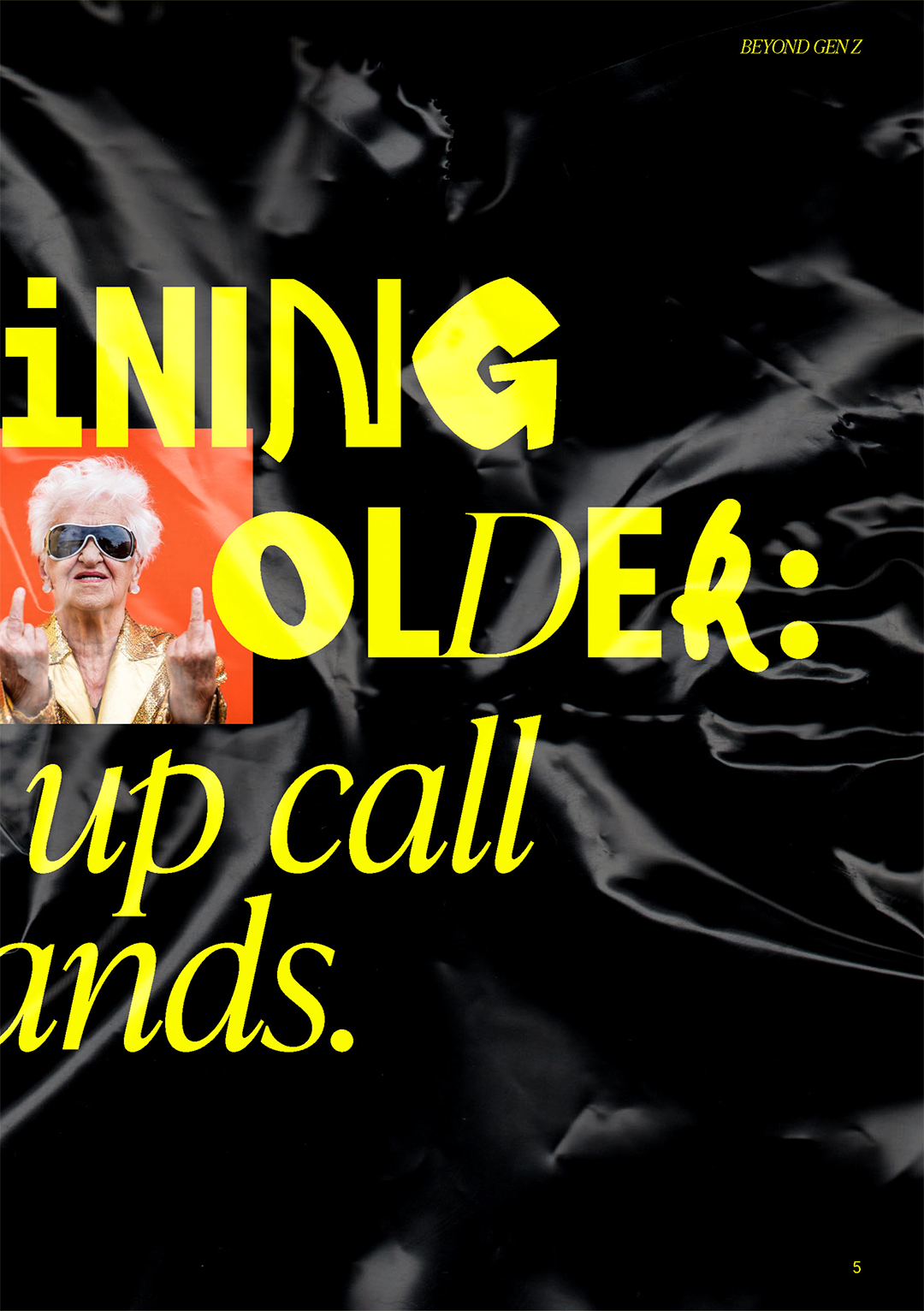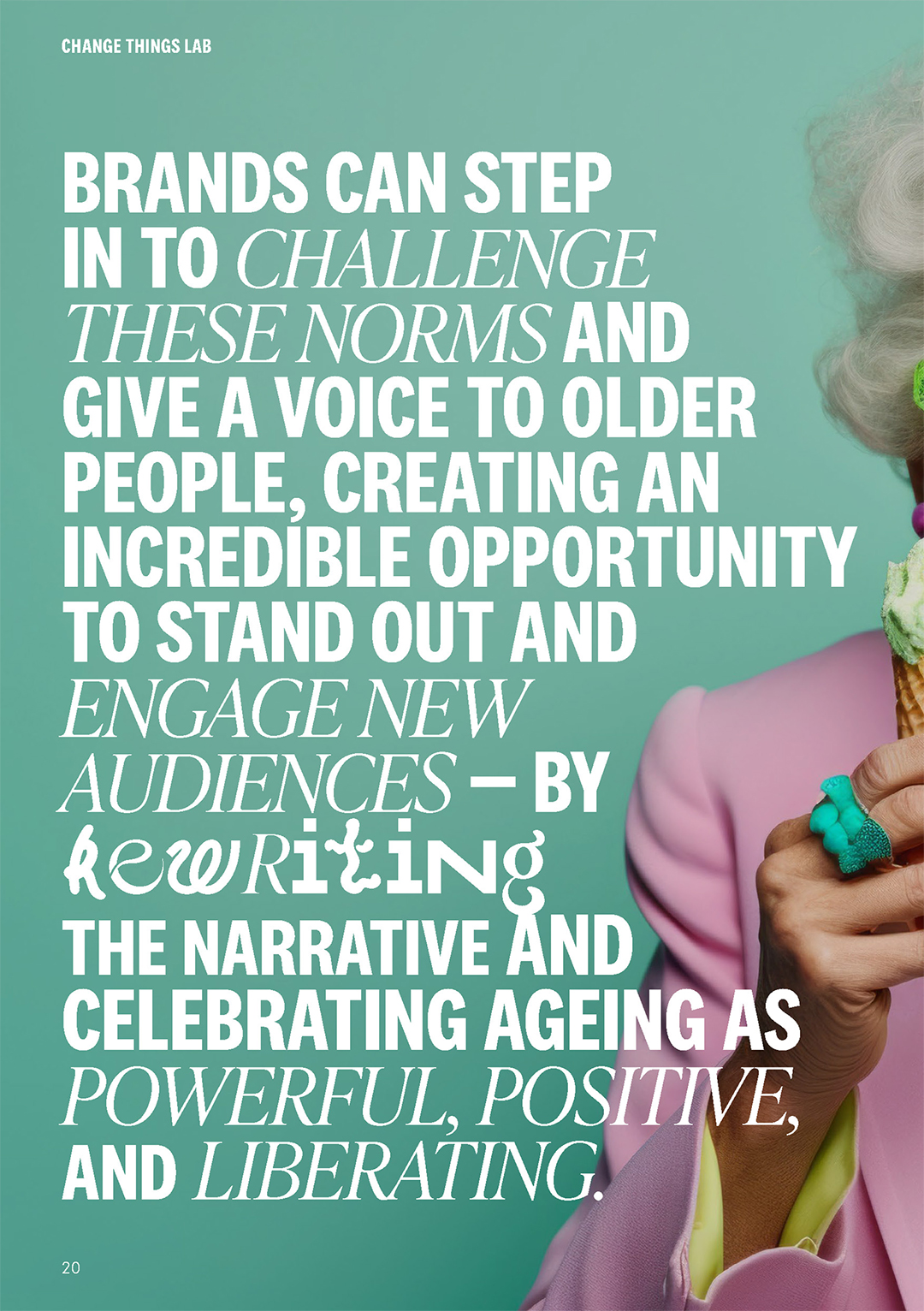September 23, 2025
Where I’m from, creativity was never practical. It was pretty.
That's not to say we weren't encouraged to dream, but those dreams had fences. When your parents immigrate thousands of miles away from their safety net, every choice made needs to be grounded in some sort of reality. Nurse, teacher, receptionist, construction — these are futures. These are safe futures. Every choice was made for survival. Economic survival, at that.
And so we became the unofficial carers. Translating paperwork, making calls, hiding how embarrassed our parents felt when their English ran out. The quiet work of helping our families survive systems they weren’t designed for. As you can imagine, it’s hard to grow creative wings when every decision is weighed down by its ability to produce an income, especially when you’re a kid and don’t quite understand why. If a choice you made can’t buy you a toy at Christmas, why take that risk? Why paint that picture or write that short story if no money can be made from it?
I was six when I painted an owl perched on a branch at sunset. Being almost completely nonverbal all throughout kindergarten, arts and crafts time was the only time I allowed myself to be fully perceived. The colours were shockingly accurate and it was in that moment — when the teacher handed me my first ever award — that I decided I liked this. I liked being an artist.
If you are a child of immigrant parents, you know how this conversation plays out, and if you are not, you've seen a movie about it. "This is not a job," they’d gently remind me over adobo and rice, "This is a hobby for weekends... for after your big job is finished for the day." I'd like to think it was this conversation, and many others that went similarly, that taught me how to code-switch — to recognise my very first pattern present in my parents that would later become one of my creative tools.
This followed me all throughout high school and into university — my unshakeable drive to seek out and determine patterns like some sort of creatively inclined robot. My marks became my currency, and in return, I got a seat at the table. For a while, it felt like enough.
Until it wasn’t. Talent may have got me into the room, but it certainly didn't feel like a home.
The work itself didn’t scare me — briefs were just puzzles and patterns, after all — but the unspoken rules of belonging? Yeah, they fucked me up good. I didn’t know how to network. Not in the way the industry meant it. When people asked where I was from and I said, “Liverpool,” they’d pause. It was never disgust, but rather that soft, slow blinking curiosity that told me they’ve never been. Someone once asked me if that was near Bankstown. I wasn’t sure what the right answer was, because it kind of is. Is that a bad thing? Should I laugh? Make a joke about the crime rate? I didn’t know the code. I still don’t.
The gaps widened in places I couldn’t anticipate or prepare for. I didn’t recognise the names of the bars and agencies they mentioned. I had no cousin who worked in production, no family friend at a media house. My list of contacts was mostly my cousins and people I grew up with in 2168 — kids of immigrants and Aussie locals, like me. I realised, quite quickly, some part of me had absorbed my parents caution like secondhand smoke. New people unsettled me. Old people steadied me.
The next two years unfolded like a low-budget office drama, the kind where nothing really happens but everything is awkward. I hovered on the edges of conversations I didn’t know how to join, like Slenderman hiding behind the coffee machine. Office politics felt like passive-aggressive warfare and it was then I experienced my first wave of cultural burnout — not from the work, but from everything around it.
And here’s the thing. Not the reflective mic-drop moment people love to end with. Just the truth:
Some of us had to climb two sets of fences — the ones our parents built for safety, and the ones designed with someone else in mind. We had to navigate both. Translate both. We were our parents’ paperwork, our own cover letters, and the interpreters of every room we entered.
So no — I don’t come from a long line of creatives. (Actually, I do. My dad was an exceptional artist but chose to lay plasterboard across half of Sydney’s skyline to pay the bills. He liked to draw horses.)
When you come from a family who made do, who learnt to stay quiet to keep safe, you learn to see. How to read nuance and look for what’s not being said. That’s not just valuable. That’s the edge.
It was never just a survival mechanism, it was the start of my creative practice.
























